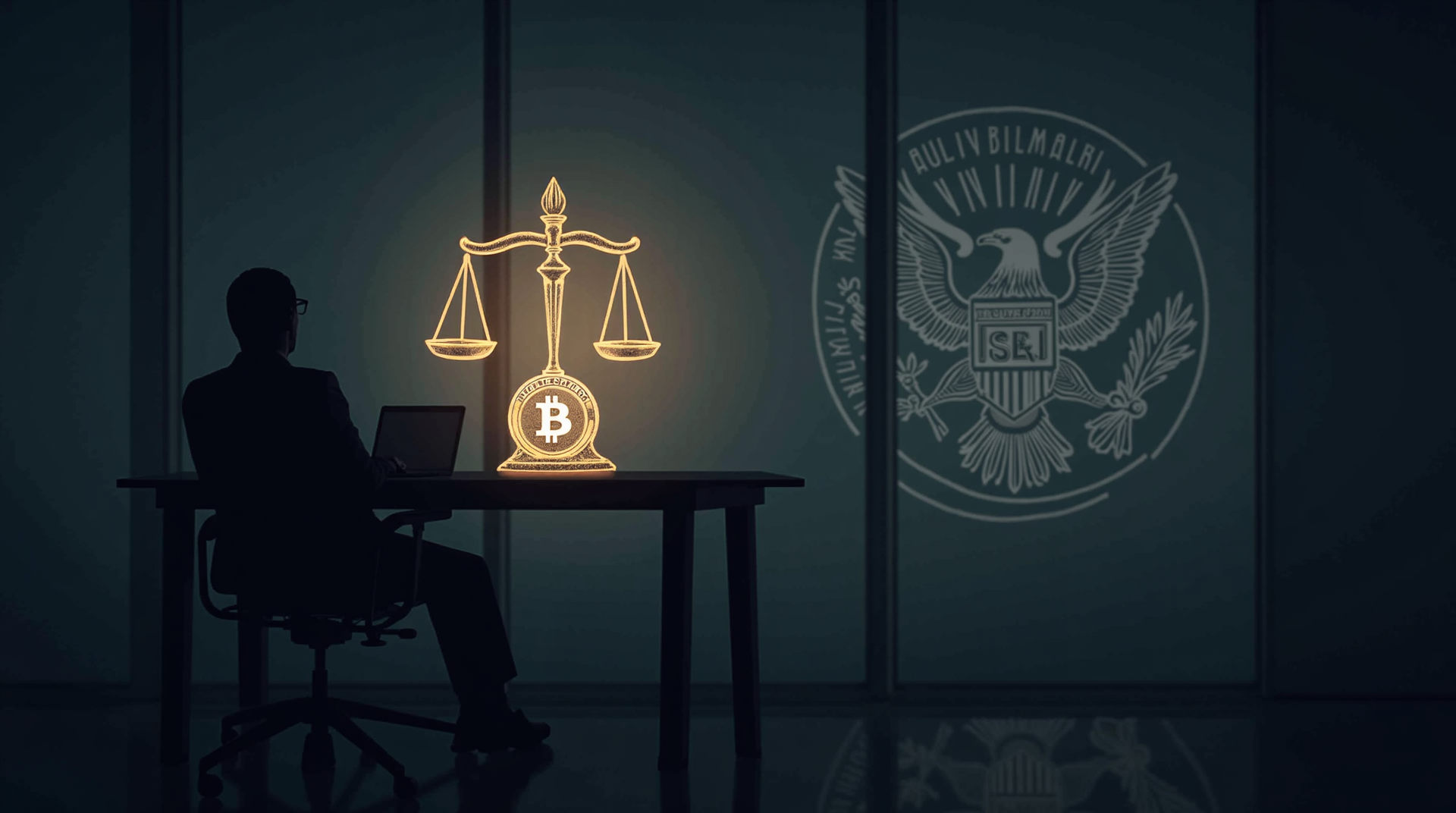Funding Flows and Political Ties
Justin Sun’s financial support for Trump-affiliated cryptocurrency projects is a matter of public record. According to a letter sent by U.S. lawmakers to the SEC on September 17, 2025, Sun invested at least $75 million in World Liberty Financial (WLFI), a decentralized finance project backed by former President Donald Trump and his family. He is also recognized as one of the largest investors in the $TRUMP memecoin. These substantial investments have reportedly generated hundreds of millions of dollars for the Trump family.
The situation has drawn significant scrutiny due to a sequence of events. Following these investments and a change in administration, the SEC, which had previously sued Sun for alleged securities fraud, jointly requested a stay in its case against him. Furthermore, Sun attended an exclusive dinner for top Trump memecoin investors at the former president’s golf club in May 2025, raising questions about potential conflicts of interest and undue influence.
A significant development occurred in early September 2025, when Sun publicly claimed that a portion of his WLFI tokens had been “unreasonably frozen”. This occurred after blockchain data showed a Sun-linked wallet transferred approximately $9 million worth of WLFI tokens, which were then reportedly blacklisted by the project. This incident highlighted centralization risks and custody concerns within the project, undermining its stated principles of transparency.

Regulatory and Market Implications
The intertwining of a scrutinized investor with political ventures creates tangible risks for the market and regulators.
The core concern is a potential conflict of interest. Lawmakers have explicitly asked the SEC to investigate whether Sun’s massive investments in Trump-linked projects were followed by preferential regulatory treatment, such as the pausing of the lawsuit against him. This has led to accusations of a “quid pro quo” and calls for a full probe to ensure the SEC’s actions are not influenced by political connections.
For investors, these events introduce substantial uncertainty. The freezing of Sun’s wallet demonstrates that even large investors can have their assets locked, raising serious governance and custody questions for potential WLFI token holders. Furthermore, Sun’s large holdings pose a liquidity risk; if he were to sell a significant portion of his tokens, it could potentially cause a sharp price decline, harming retail investors.
Politically, the Trump family’s deep involvement in a crypto venture while a family member influences national policy has sparked debates about the blurring of lines between private profit and public office. Critics argue that projects like WLFI could be used as a vessel for foreign influence, as overseas investors might seek favor through investments that directly benefit the president’s family.
The next significant milestone in this situation is the SEC’s response to the lawmakers’ letter, which was requested by October 2, 2025. The regulatory stance that emerges will likely shape how such politically adjacent crypto ventures are supervised and will test the resilience of existing market safeguards.


